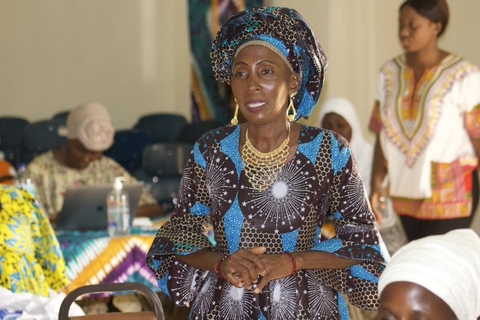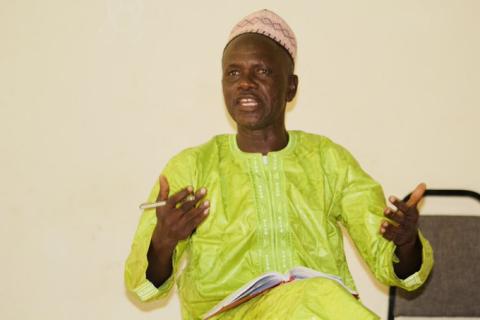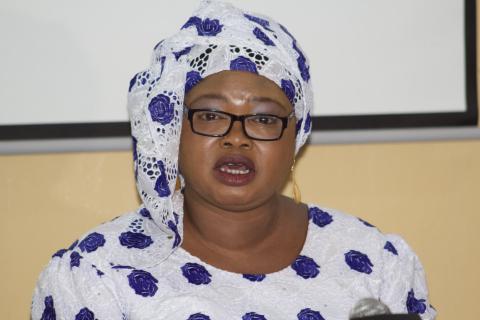When empowered and given the right opportunities, women are effective drivers of change. This is why they must be adequately represented in decision-making and provided the skills to take up leadership. In the words of Jainaba Bah, a female politician in the North Bank Region,
“women are in a better position to represent other women and their interests. They know and experience their challenges and will prioritise action to address these challenges.”

With support from UNFPA through the UN Peacebuilding funded project on Increasing Women and Youth Participation in Decision Making and as Agents of Community Conflict Prevention, Think Young Women on May 30 commenced a 10-day training of women politicians in 6 regions of The Gambia on leadership and peacebuilding.
The training brought together 10 women leaders both young and older in each of the regions to build their leadership capacities.
Given the current situation of the COVID-19 pandemic and its possible impact on the lives and livelihoods of women and their families in the country, the training also included sessions on COVID-19 prevention and how women can contribute towards the response. Some of the women leaders have been actively involved in community sensitisation on COVID-19 and this training provided them with additional leadership skills to use in raising community awareness on the virus and supporting local response structures.
Recognising that women are often deprived of opportunities as a result of gender stereotypes and cultural norms, the Chairperson of the Kerewan Area Council, Mr Malamin Bojang highlighted how his council has taken decisive steps to ensure women are at the forefront of decision making in the community. He noted
“locally, men did not allow women in the courts. I made sure this was changed and women now enjoy their right to come to the courts and solve their problems. We must work together.”

Based on the fact that young women need but too often do not have the required support and mentorship opportunities, Isatou M. Secka, Vice Chairperson of the Kanifing Municipality Youth Committee urged seasoned women leaders in their communities to mentor and guide young women vying for leadership positions.
Speaking at the final training held in the Greater Banjul Area which brought together participants from Banjul and the Kanifing Municipality, the Mayoress of Banjul, Rohey Malick Lowe stressed that
“if women constitute more than 50% of The Gambia’s population, investing in their empowerment is progress for the nation.”

UNFPA continues to support women by strengthening their leadership skills, preparing them to effectively participate in decision-making, especially about decisions affecting their lives and strengthening their ability to advance human rights and development issues such as health and education.
Media contact:

